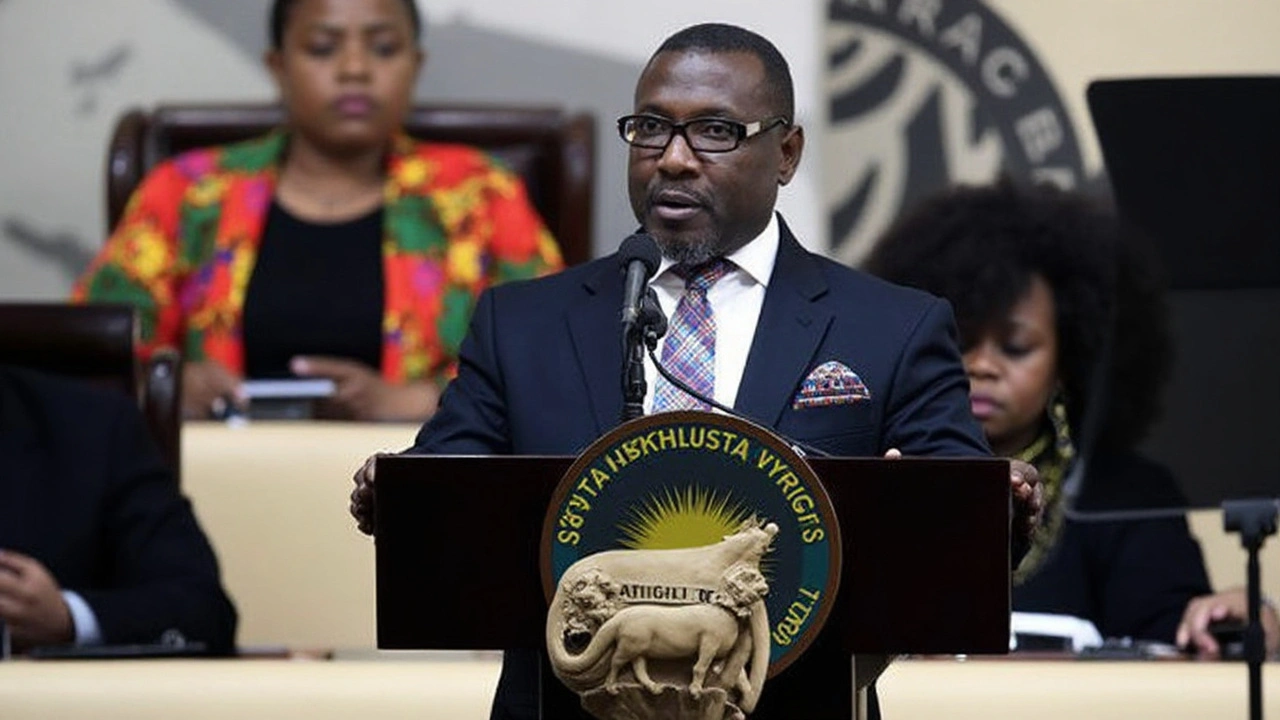Understanding the VAT Increase in South Africa
When South Africa’s government decides to increase the Value-Added Tax (VAT), it touches nearly everyone’s wallet. But what exactly is VAT? Simply put, VAT is a tax added to goods and services, collected at each stage of production and distribution. A small hike might feel harmless, but it quickly shows up in prices at the grocery store, fuel stations, and many other places.
This rise in VAT isn’t just about government income. The extra money helps fund public services like healthcare, education, and infrastructure. However, it often raises concerns about the cost of living, especially for families already struggling to make ends meet. When prices go up on everyday essentials, it can feel like your money buys less than before.
How Does the VAT Increase Affect You Directly?
Think about the last time you shopped for basics like bread, milk, or cooking oil. With more VAT, those items could cost you noticeably more. It’s not just about food either: transport fares, utility bills, and entertainment expenses could also climb. Businesses might pass these costs onto customers, which means you end up paying more for services and products.
Some people might wonder if there’s any way to prepare for these changes. Watching your spending carefully, comparing prices, and cutting down on non-essential purchases are simple moves. Also, keep an eye out for government programs or relief measures that aim to reduce the burden on lower-income households when VAT rises.
What’s the Bigger Picture?
On the flip side, increasing VAT can help stabilize South Africa’s finances by boosting tax revenue. This extra income can be used to improve public infrastructure, reduce debt, and invest in economic growth. But the balance is delicate—push VAT too high, and it risks slowing consumption and hurting the economy.
So, while VAT increase might mean paying a bit more at the checkout, it’s also part of a bigger plan to keep the country running and improving. Stay informed and consider the bigger economic picture as these changes roll out. Understanding the VAT increase helps you make smarter choices and plan better for your finances.
South Africa's VAT Increase: A Short-Term Fix to Long-Term Challenges?
South Africa plans to increase VAT to 16% by 2026 as a measure to address fiscal deficits, pairing it with zero-rating on essential foods. Critics argue this approach targets revenue over real reform, while the government sees it as essential for growth and service delivery. Opponents claim it is regressive and suggest cutting spending.
Julian Parsons | Mar, 14 2025 Read More
